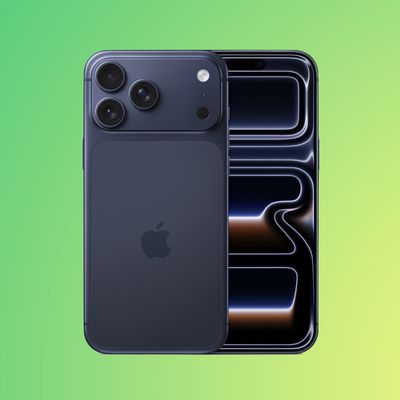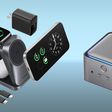![]() The Register reports on some of the new security improvements in OS X Lion, with researchers calling the changes a "major overhaul" that goes far beyond the minor security tweaks Apple made going from Mac OS X Leopard to Snow Leopard.
The Register reports on some of the new security improvements in OS X Lion, with researchers calling the changes a "major overhaul" that goes far beyond the minor security tweaks Apple made going from Mac OS X Leopard to Snow Leopard.
"It's a significant improvement, and the best way that I've described the level of security in Lion is that it's Windows 7, plus, plus," said Dino Dai Zovi, principal of security consultancy Trail of Bits and the coauthor of The Mac Hacker's Handbook. "I generally tell Mac users that if they care about security, they should upgrade to Lion sooner rather than later, and the same goes for Windows users, too."
In particular, the report points to such features as full support for address space layout randomization (ASLR), application sandboxing, and a revamped FileVault encryption system as being key to Lion's improved security.
"When they went from Leopard to Snow Leopard, as far as I'm concerned, there really wasn't any change," said Charlie Miller, principal research consultant at security firm Accuvant and the other coauthor of The Mac Hacker's Handbook. "They might have said there was more security and it was better, but at a low functionality level there really wasn't any difference. Now, they've made significant changes and it's going to be harder to exploit."
Miller isn't only interested in operating system and core application vulnerabilities, however, as evidenced by his recent discovery of a vulnerability in the chips that control the batteries in Apple's notebooks. That vulnerability could be exploited on a basic level to harm battery function or with additional effort to implant malware that could reinfect computers multiple times.
The batteries' chips are shipped with default passwords, such that anyone who discovers that password and learns to control the chips' firmware can potentially hijack them to do anything the hacker wants. That includes permanently ruining batteries at will, and may enable nastier tricks like implanting them with hidden malware that infects the computer no matter how many times software is reinstalled or even potentially causing the batteries to heat up, catch fire or explode. "These batteries just aren't designed with the idea that people will mess with them," Miller says. "What I'm showing is that it's possible to use them to do something really bad."
Miller plans to officially announce his discoveries at next month's Black Hat conference, and he will also be releasing a new "Caulkgun" tool to allow Mac notebook users to change their batteries' default passwords to randomized strings. That move would help keep hackers out of the batteries, but also prevent Apple from issuing its own upgrades and fixes for the battery firmware. Miller has also been in touch with Apple and Texas Instruments regarding the vulnerability.




















